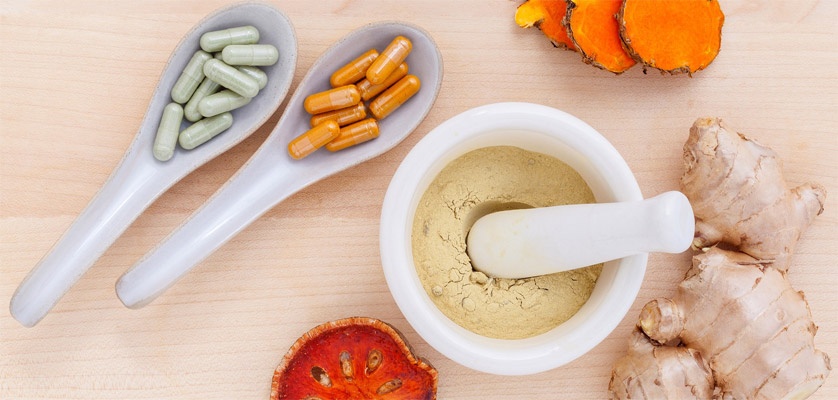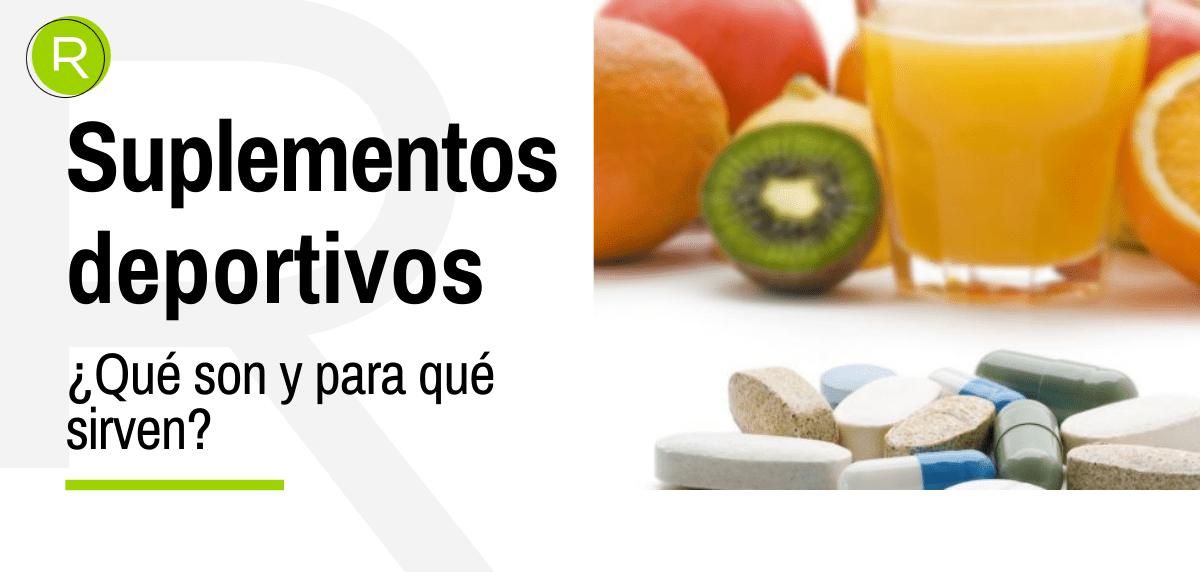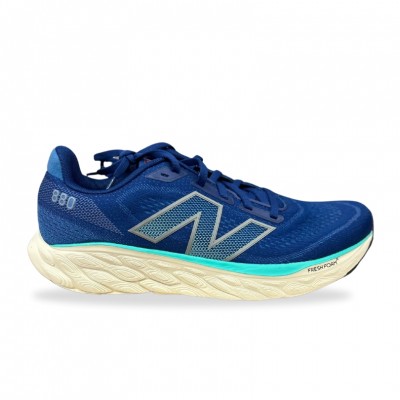The subject we are going to address is of great controversy, especially among amateur athletes. Therefore, before taking any type of sports supplements we should ask ourselves:
- If the athlete really needs to take sports supplementation.
- Make it clear that in case of needing it, the type of supplementation will vary depending on the sport modality and the needs.
- To know if we need Ergogenic Supplementation or Natural or Organic Supplementation.
- And to know for how long I should take it and why.
With an article it is very complicated to define these questions due to the different sports modalities and the idiosyncrasy of each athlete but, in general, and always according to our opinion, if the level of the athlete is low it is not necessary to supplement. In case of using it, the help of a professional is essential to ensure that the guidelines are suitable and correct.
There is probably a great deal of confusion in this regard since, despite the various studies carried out, no clear and concise conclusion has been reached on the need for supplementation in the field of sports.
For example, there is only scientific evidence that caffeine, creatine and sodium bicarbonate work, the others have been shown to work, but there is a lack of scientific studies to support them. Different studies on the same proposal reach different conclusions, therefore, it is essential that science continues to advance to solve the different existing unknowns.
What are sports supplements?
As obvious as it may seem, supplementation serves to supplement or complement something and it is on this second point where we will focus.
Supplementation is usually done orally (intravenous or intramuscular supplementation is prohibited) and consists of the intake of a supplement to improve health and performance. This is carried out through all the nutrients with carbohydrates, fatty acids, branched chain amino acids, vitamins,....
It is essential that your nutritional advisor is the one who assesses the guidelines to follow so that it is carried out properly and everything is controlled.
It is therefore essential to keep a personalized record of each athlete (nutritional sessions, blood tests, ...) and thus determine whether supplementation is necessary or, on the contrary, a balanced and varied diet. In this way, the principles of individualization and specificity are completely guaranteed.
There are many types of supplementation, for example, ergogenic supplementation or natural or organic supplementation. One type or another will be used depending on the sporting activity to be carried out and the level of the competitor. This is why it is important to seek the advice of a specialist in the field.
What are the most commonly used supplements?
Having made it clear that it is essential that your nutritional advisor should be the one who makes your diet, in addition to your possible supplementation, we believe that we should not talk directly about HMB, citrulline, ... and we should explain more about the concept and the reason for supplementation.
To give credibility to things you should always attach studies that support or demonstrate that the supplements we mention work, that is why and as we have emphasized in the introduction, we will only talk about creatine, caffeine and sodium bicarbonate.
Creatine is the natural anabolic par excellence. In researches such as the one carried out by Carrillo. P. and Gilli. M. in 2011, they say that "creatine supplementation is advisable for sports performance when the activity involves the performance of repeated sets of exercise of high intensity and short duration." These characteristics are found in many team sports (soccer, indoor soccer, handball,...).
Caffeine, according to several studies, increases the number of repetitions performed and can improve performance in endurance activities, as well as increasing concentration and sensory capacity.
And sodium bicarbonate, in studies such as the one conducted by Garcia A.M. says that it improves performance in the repetition of series allowing a greater number of them. It also decreases muscle acidity and therefore increases performance.
Nor do we want to forget other substances that, although more research is needed, are known to work. One example is glutathione, which is the major antioxidant we have and its precursor NAC (N-acetyl-cysteine). These help to reduce muscle damage caused by the activity performed.
Another supplement is amylopeptin, a great discovery because it helps us to avoid the destruction of muscle proteins andrestores glycogen levels more quickly.
It is important for endurance sports, e.g. triathlon, marathon, cycling, cross-country skiing,...
Why do athletes take these supplements?

Many athletes take supplements thinking that in this way they will improve their performance, win the match...etc. However, we have to get rid of the idea that supplementation is enough and that the results will come with it. For these results to be achieved, training sessions must be more demanding, the objectives set must be achieved, prevention sessions must be properly prepared... in short, the invisible training must be of high quality. Adding it all up, the expected result will come.
We have already mentioned that depending on the type of sport and its intensity, it is appropriate to supplement. For example, if the athlete needs approximately 3500-4000 kilocalories, in these cases the ideal is to accompany the food intake with protein shakes and even carbohydrate shakes to make it easier to reach these kilocalories without having the need to be eating all day. For these cases, it would be great to look for the best proven brands.
Beware of poorly taken supplementation!
Another very important section in which we must be very careful is when a supplementation is poorly taken or when the athlete has a health problem, which can be dangerous. Taking too much protein, approximately 3 grams/ kg if you have kidney problems, is frankly dangerous. Also to exceed with caffeine in people medicated with anxiolytics or derivatives is very dangerous, to ingest excessive iron without control can destroy the stomach.
You may wonder then what are sports supplements for?
The answer is clear and has several reasons; many of the supplements delay fatigue, in addition, the quality of training is higher because it can be done with more intensity, the enjoyment of the sport is greater because of your improvement, the desire you put into each workout is greater because of that enjoyment, etc.. In short, one thing leads to another. You have to acquire these good sports habits to get a good sports practice.

Is it legal to supplement?
This is a question that athletes often ask themselves on many occasions. Nowadays intravenous or intramuscular supplementation is forbidden, unless a doctor prescribes it, but it is logical to administer it orally. It has absolutely nothing to do with other sections such as, for example, doping. In no case are there going to be negative side effects for the health if an adequate supplementation is carried out.
On the other hand, the product or brand that is chosen must be taken into account. It must be of the highest quality and must have passed some previous controls in order to avoid surprises. Unfortunately, in the supplementation market there are many economic interests and in many cases, in order to sell, important aspects such as the health of the athlete are not taken into account. For this reason, the ideal is that you are advised by a professional of total confidence.
CONCLUSIONS
In Runnea we are in favor of a healthy, controlled and contrasted supplementation, with quality seals, BIO and ISO, always prioritizing the health of the athlete.
Supplementation is not a bad thing if it is controlled. It is a complement to the diet and obviously if our intensity is increasing we must also increase the supplements.
At a sporting level supplementation can help us, but first of all we should put in order our eating habits, making the most of us. Nowadays, many sportsmen and women think first of supplementation, without knowing that they have a lot of room for improvement in the basic part, which is nutrition.
Read more news about: Nutrition













